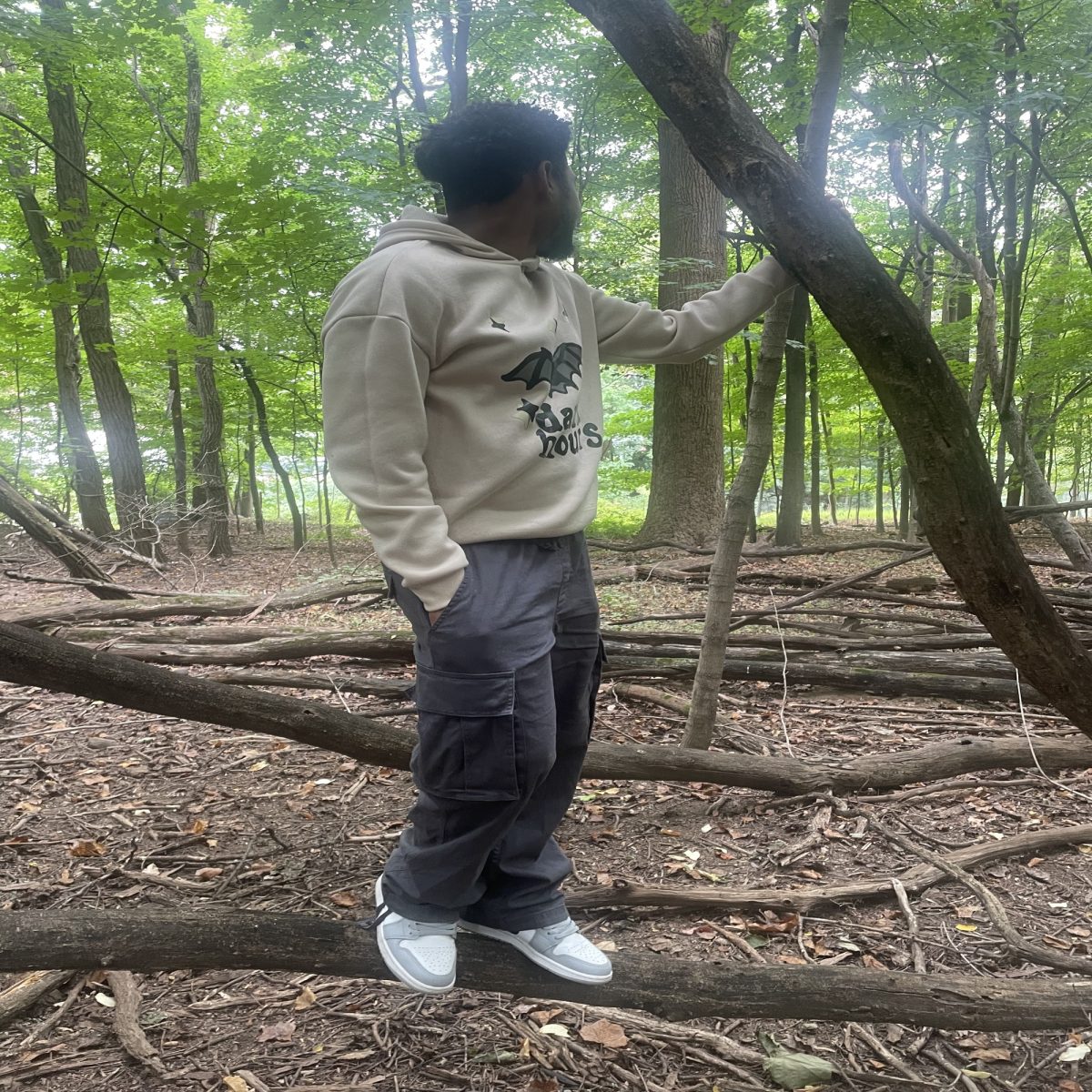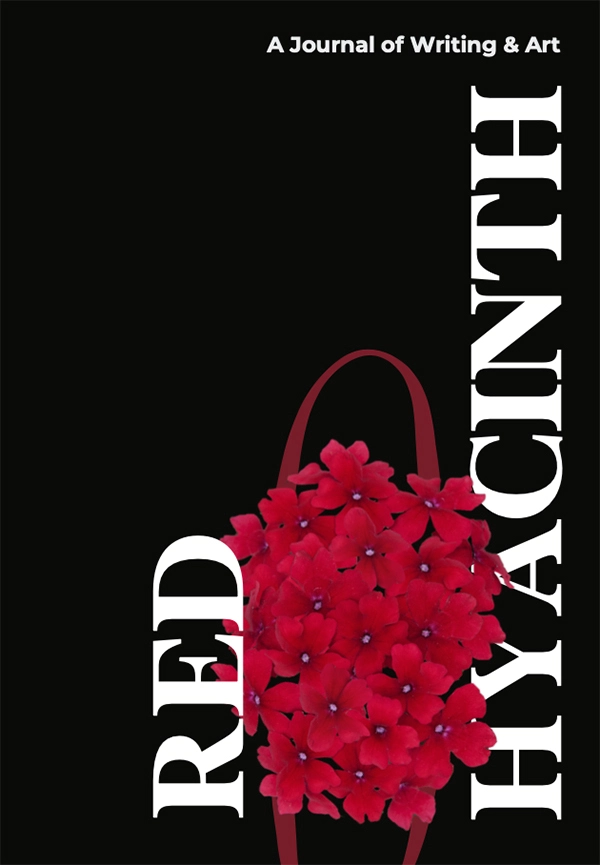After taking a gap year from Mercy University, freshman Justin Robinson’s return to campus life has been anything but typical. The 20-year-old Exercise Science Performance major from Mahopac, New York, commutes four to five days a week by bus to Mercy’s Dobbs Ferry campus, a journey that has unexpectedly brought him back to an old love: running.
The daily commute, often stretching close to 2 hours each way, could have been a burden. Instead, Robinson turned it into an opportunity. Between early morning classes and late afternoon rides home, he began exploring the trails and walking paths that wind throughout Mercy’s hilltop campus and into the streets of Dobbs Ferry.
“It started as just something to clear my head between classes,” Robinson said. “After two hours on multiple buses sitting, and then another few hours sitting in class, it just helped keep my brain alive.”
Those quiet runs and walks soon became routine. What began as a way to pass the time evolved into something restorative, a reconnection with his athletic past and a reminder of the discipline that once defined him.
Before attending Mercy University, Robinson ran track and field at Sacred Heart High School in Yonkers. Competing in sprints and middle-distance events, he was known for his drive and focus, both on and off the track.
Running had been a part of his identity for years. But when he took a gap year from college, that rhythm was interrupted. Between working and readjusting to life outside of school, he found little time or motivation to run.
“It’s weird how quickly something you love can fade when your routine changes,” Robinson said. “Between my job at Dollar General and my relationship at the time, running lost its spot in my life”
The return to college life and to commuting unexpectedly reignited that spark. The physical act of moving from one place to another each day mirrored his own transition back into academic life. What started as a logistical nightmare soon became a new form of structure.
Robinson’s journey from Mahopac to Dobbs Ferry involves multiple bus routes, early mornings, and plenty of waiting. Instead of viewing it as a hassle, he began to use it as time to think, reset, and plan his day.
“Commuting forces you to find patience,” he said. “You have to make the most of those quiet stretches of time.”
When he arrives on campus, he doesn’t immediately rush to class. Instead, he often walks the perimeter of the Dobbs Ferry grounds, following paths that overlook the Hudson River and wind down toward the surrounding neighborhoods. The natural scenery and the solitude have become his training ground, a personal track that stretches beyond any stadium or gym.
“I’ll usually walk for a while before or after class, sometimes even go for a short run,” Robinson said.
Returning to college after time away can be an emotional adjustment. For Robinson, running has helped him manage the shift and the stress that comes with juggling classes, assignments, and the demands of a long commute.
Experts often note that physical activity improves mental health, and for many students, exercise can serve as a lifeline during periods of transition. For Robinson, the connection goes deeper. Running offers not just fitness or clarity, but also familiarity.
“When I started running again, it felt like relearning something you used to be good at,” he said. “Running showed me I could bounce back. Taking time off from school was hard, but getting back into it taught me how to move forward again”
Mercy University’s Dobbs Ferry campus offers a unique landscape that lends itself to exploration. With its hilly paths, views of the Hudson River, and trails connecting to local neighborhoods, it’s not uncommon to see students walking or jogging between classes.
For Robinson, these walks have become more than exercise; they’ve become a way of experiencing the campus in a meaningful way.
“I think a lot of people don’t realize how much there is to see here,” he said. “The paths are like ant trials stretching out in endless directions”
Taking a year off could have derailed Robinson’s academic journey, but it ended up reshaping it instead. He returned with a renewed sense of motivation, and commuting has become both a challenge and a metaphor for his persistence.
“Some days are long,” Robinson said. “You get home tired, but it’s worth it. Every day I’m reminded that I made it back.”
The balance between physical and mental endurance has become central to his college life. He credits his rekindled running habit with helping him find a steady pace, both academically and personally.
“I think everyone needs something that keeps them centered,” he said. “Some people meditate or paint; I run. That’s how I reset.”
While Robinson doesn’t compete on a track anymore, the spirit of competition remains, though now, it’s inward. He’s not chasing medals or records; he’s chasing consistency and progress.
“Running isn’t really about speed for me anymore,” he said. “It’s about movement, about keeping momentum no matter what.”
For Robinson, that momentum defines more than his exercise, it defines his return to Mercy University, his commitment to his education, and his growth as a student navigating life’s detours. The road from Mahopac to Dobbs Ferry may be long, but for him, every mile has meaning.










